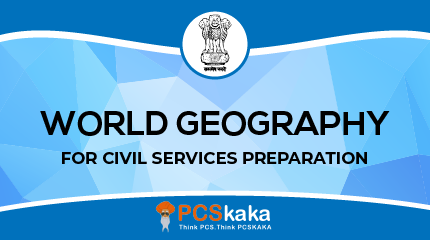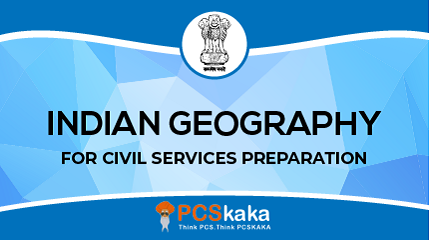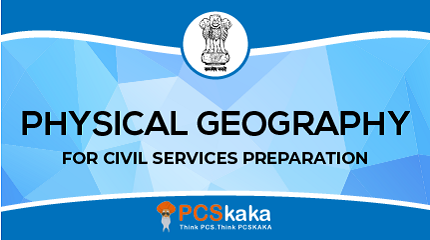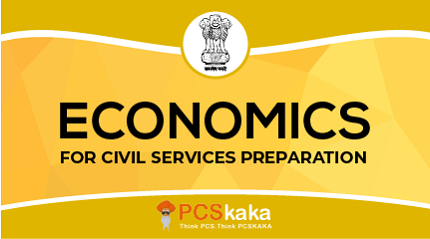

Geography is a field of science devoted to the study of the lands, features, inhabitants, and phenomena of the Earth and planets. Geography is an all-encompassing discipline that seeks an understanding of Earth and its human and natural complexities—not merely where objects are, but also how they have changed and come to be.

12 Total Test
360 Total Question
Scientifically designed for PCS
A must have for Civil services aspirant
IAS PCS SCC and others

21 Total Test
630 Total Question
Scientifically designed for PCS
A must have for Civil services aspirant
IAS PCS SCC and others

81 Total Test
2430 Total Question
Scientifically designed for PCS
A must have for Civil services aspirant
IAS PCS SCC and others
If you need further help, To email us : Click Here

12 Total Test
360 Total Question
Scientifically designed for PCS
A must have for Civil services aspirant
IAS PCS SCC and others

75 Total Test
2250 Total Question
Scientifically designed for PCS
A must have for Civil services aspirant
IAS PCS SCC and others